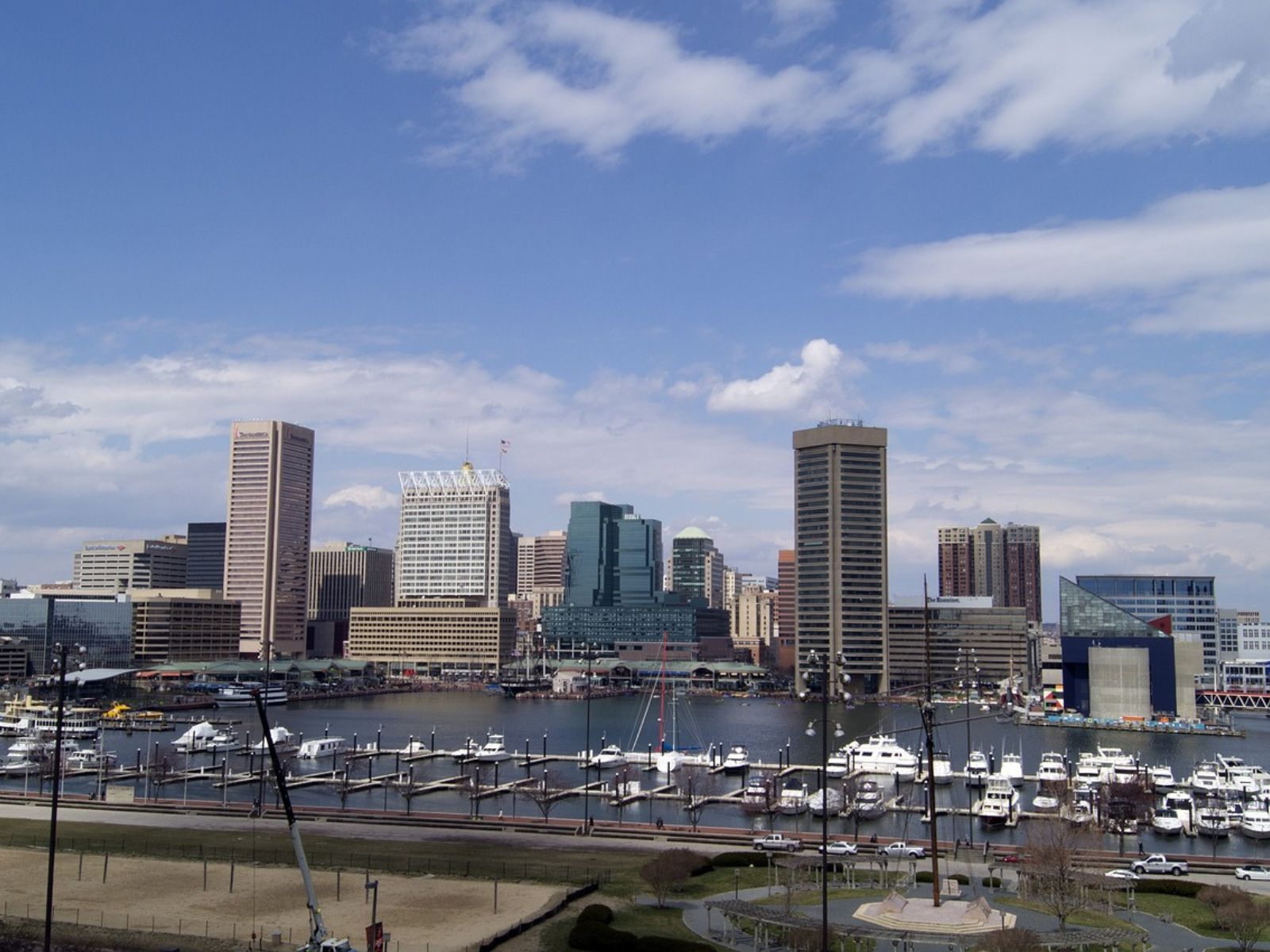Maryland Governor Wes Moore announced this week that total medical and adult-use cannabis retail sales surpassed $1.1 billion in the first 12 months following the enactment of adult-use legalization in the state.
“According to the Maryland Cannabis Administration, monthly retail sales surpassed $95 million in June, with the adult-use market accounting for more than $67 million in sales. Since cannabis was legalized for adult consumers on July 1, 2023, adult-use sales totaled more than $700 million and medical sales totaled nearly $400 million.” the Maryland Governor’s office stated in a press release.
“Our new adult-use cannabis market isn’t only generating extraordinary economic activity – it’s also helping us build new pathways to work, wages, and wealth for all,” said Gov. Moore. “Making Maryland more competitive means ensuring that everyone can reap the benefits of Maryland’s economic growth. This important milestone proves how our administration continually – and repeatedly – honors our deep commitment to that mission.”
The Maryland Cannabis Administration and the Office of Social Equity offered up the highlights below for the past year:
- Administering the first cannabis business licensing round in the nation that was reserved exclusively for social equity applicants.
- Of the 205 selected applicants, 53.7% self-reported majority black or African American ownership, and 76.2% self-reported majority minority ownership; these businesses will more than double the number of licensed cannabis businesses operating in the state.
- Establishing a first-in-the-nation state cannabis reference laboratory dedicated to cannabis oversight and managed by a state cannabis regulatory agency.
- Collecting more than $40 million in fees from licensed cannabis businesses to support the Community Reinvestment and Repair Fund, which provides funding directly to local jurisdictions to support community-based initiatives that benefit low-income communities and communities that were disproportionately impacted by cannabis criminalization.
- In partnership with the Maryland Department of Labor, establishing a first-in-the-nation Cannabis Workforce Development Program, which will prioritize training individuals with a history of cannabis-related offenses.
- In collaboration with the Maryland Department of Health, launching a comprehensive public health and safety campaign, “BeCannabisSmart,” which promotes safe and responsible cannabis use and educates the public on important topics such as the dangers of drugged driving, smoke-free spaces, and safe storage of cannabis products.
- Launching a “Medical and Adult-Use Data Dashboard,” which provides public access to key program and industry metrics.
- Growing the Maryland Cannabis Administration from approximately 50 staff members to more than 100 to meet the additional responsibilities of an expanded medical and adult-use industry.
- Establishing the Office of Social Equity, an independent executive agency that serves to promote economic opportunity and equity in Maryland’s adult-use cannabis market.
- Hosting technical assistance sessions for more than 1,400 registered participants; financial forecasting sessions for more than 600 registered participants; and application writing clinics for more than 700 registered participants to support aspiring cannabis business applicants.
- Obtaining more than 1,250 responses on the potential uses of the Community Reinvestment and Repair Fund, 74% of which expressed strong support for the reinvestment of cannabis tax revenue into communities disproportionately harmed by the War on Drugs.
“I am proud of the efforts of the Cannabis Administration staff who worked in collaboration with our governmental and industry partners to implement a safe and equitable market in Maryland, while simultaneously building a new regulatory agency,” said Maryland Cannabis Administration Director Will Tilburg. “As exciting as the past year has been, we expect the year ahead to be even more so, as new social equity businesses bring their passion and innovation to the Maryland market.”
“This milestone reflects the dedication and hard work of countless individuals who believe in the transformative power of equitable cannabis policies,” said Office of Social Equity Executive Director Audrey Johnson. “Our focus on social equity has paved the way for a more inclusive industry, and we remain committed to ensuring that all Marylanders benefit from this growing market. I am incredibly grateful to the Office of Social Equity team for their remarkable efforts, in support of diverse individuals and businesses aspiring to participate in Maryland’s cannabis economy.”
Maryland voters approved the state’s recreational cannabis legalization law in November 2022. In the spring of 2023, Maryland’s Legislature passed the accompanying Cannabis Reform Act (H.B. 556/S.B. 516), with the measure taking effect on May 3, 2023.
Adult-use cannabis sales began in Maryland on July 1, 2023, with recreational cannabis products being subjected to a 9% sales and use tax, which is the same rate that applies to the sale of alcoholic beverages in Maryland.
In Maryland, there are currently 96 licensed dispensaries operating across the state’s 23 counties and Baltimore City. Maryland Comptroller Brooke E. Lierman announced last week that Maryland’s legal adult-use cannabis industry generated more than $14.6 million in recreational cannabis sales taxes between January and March 2024. Adult-use cannabis and cannabis products are taxed at a rate of 9% in Maryland.
The state of Maryland collected more than $14.6M in revenue from adult-use cannabis sales during Q1 in 2024, according to Comptroller Brooke Lierman.
The Capital region collected $6.7M in sales tax, followed by Central region with $3.7M.
Q1 revenue was up from Q4 in 2023.
— Mikenzie Frost (@MikenzieFrost) June 26, 2024
According to original reporting by Fox 45 News, the Maryland Community Reinvestment and Repair Fund will receive $4,156,888, Maryland counties will receive $593,841, the Cannabis Public Health Fund will receive $593,841, and another $593,841 will go to the Cannabis Business Assistance Fund.
Additionally, the Maryland’s General Fund will receive $5,938,412, and $2,794,286 will be allocated to the Maryland Cannabis Administration to support operational costs.

